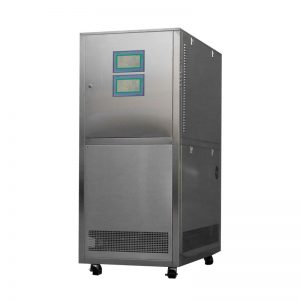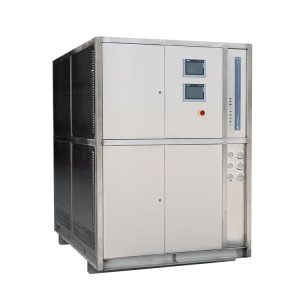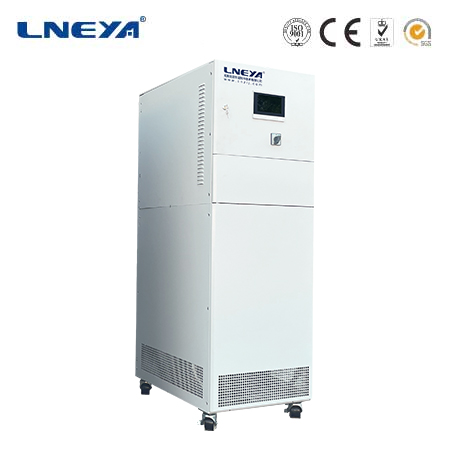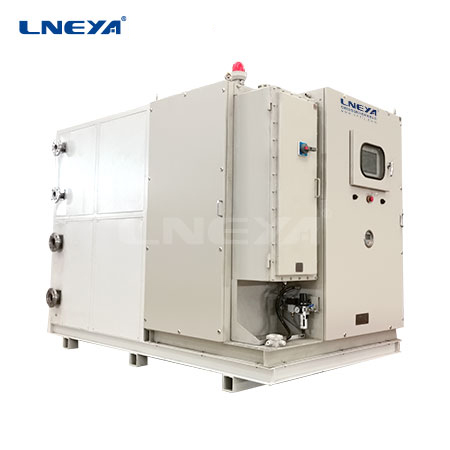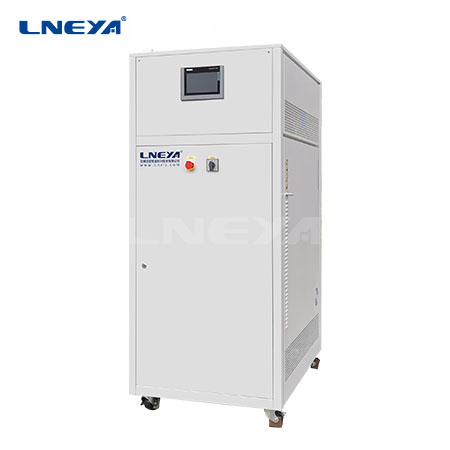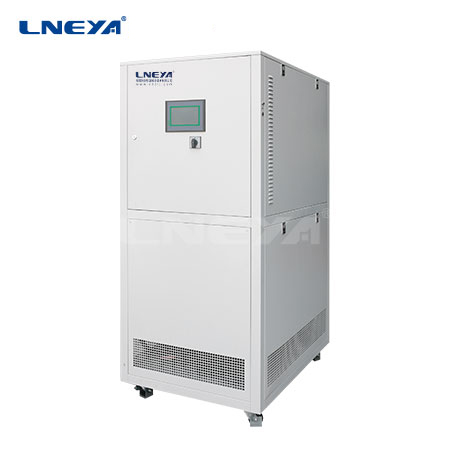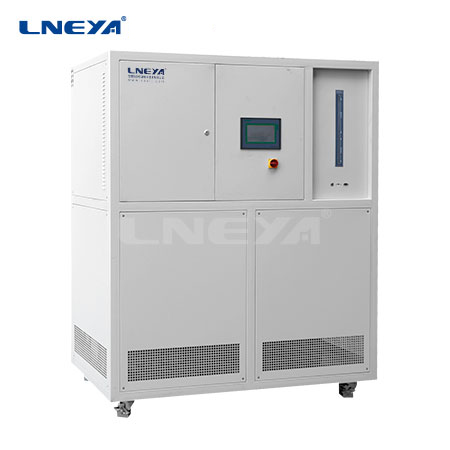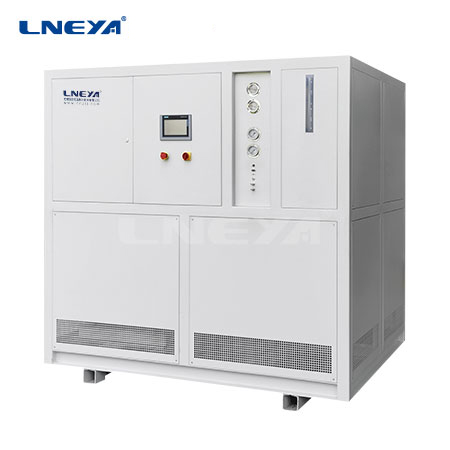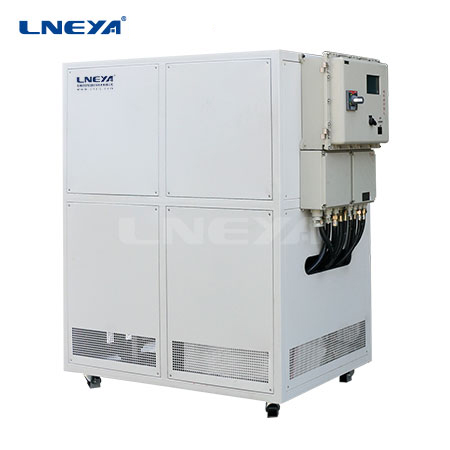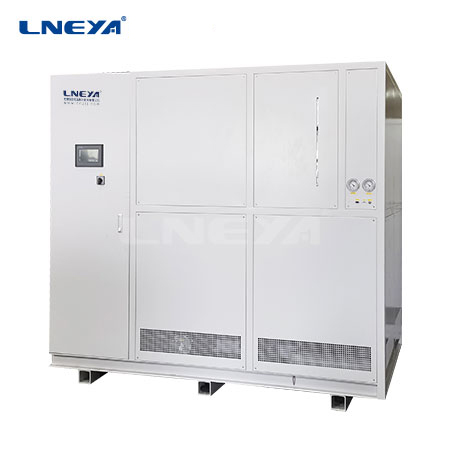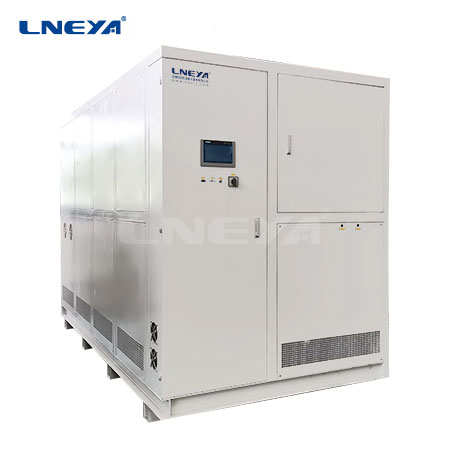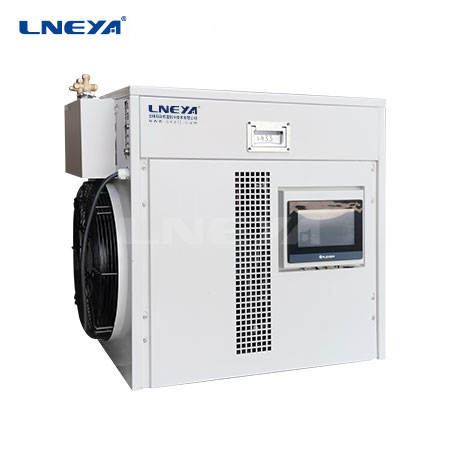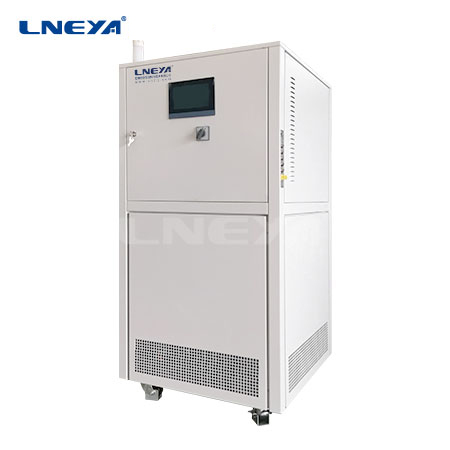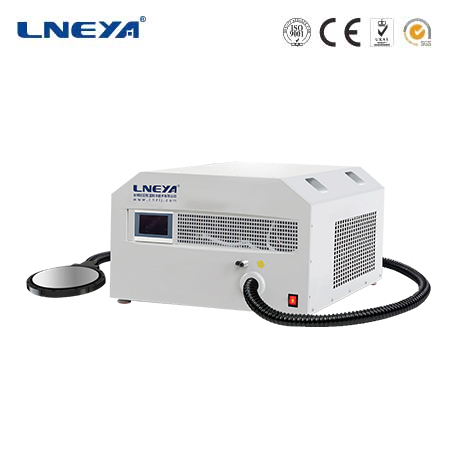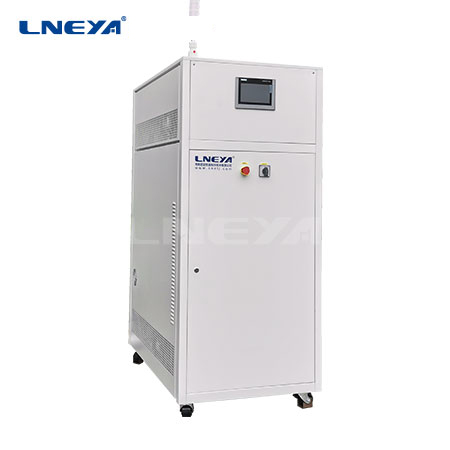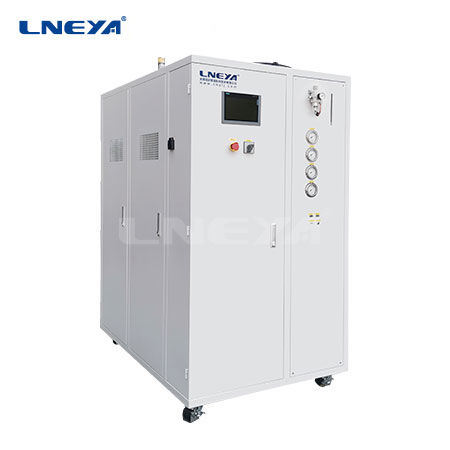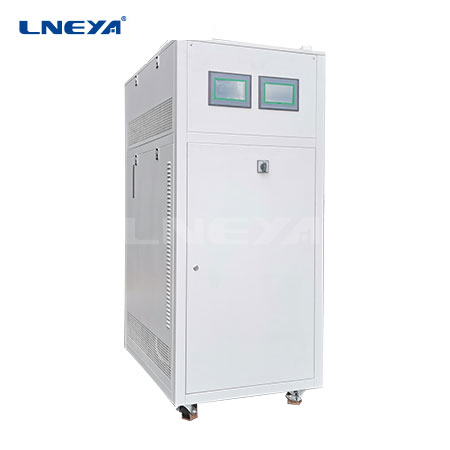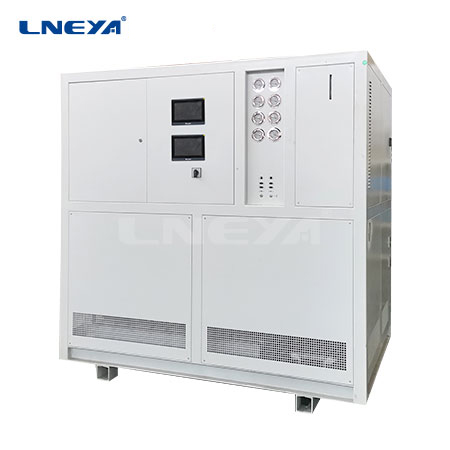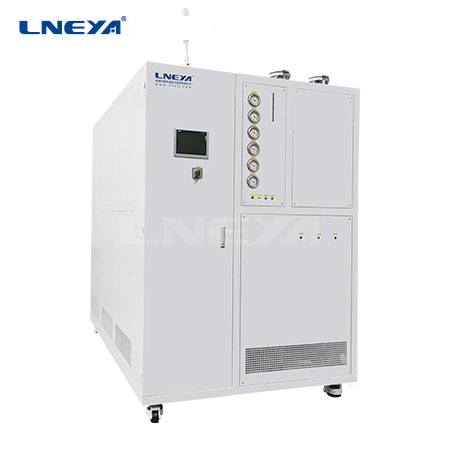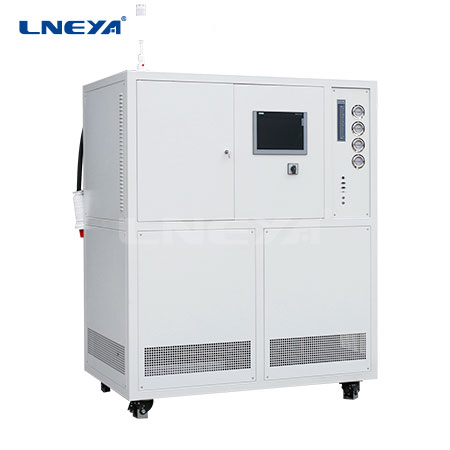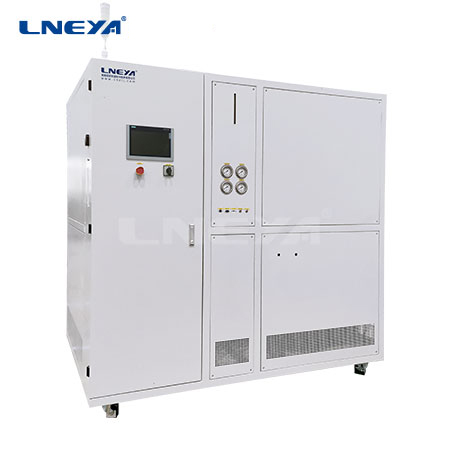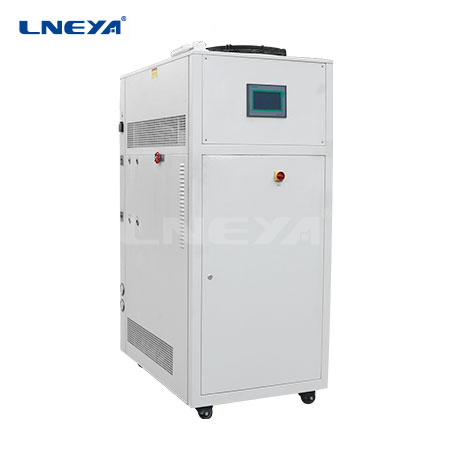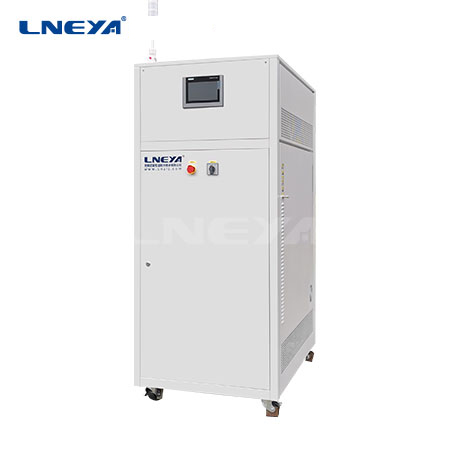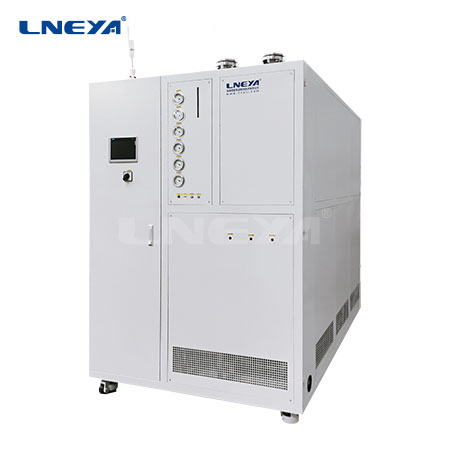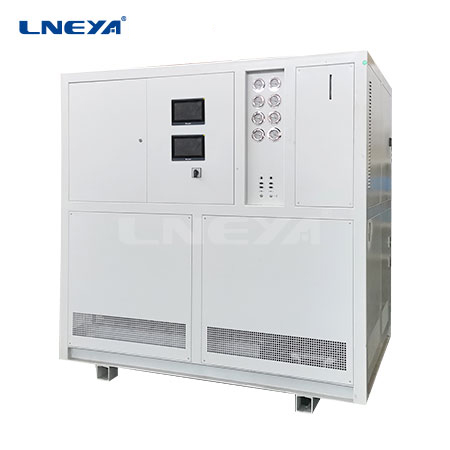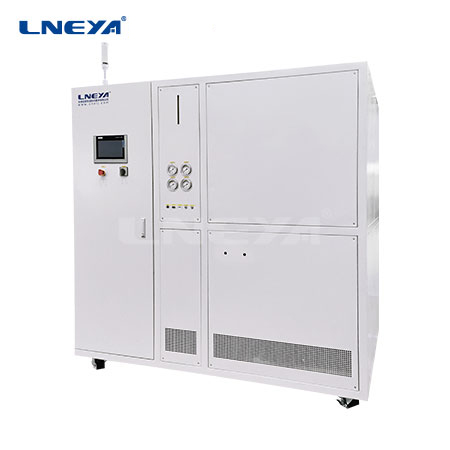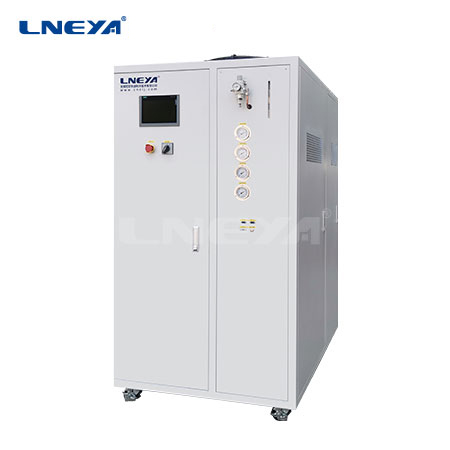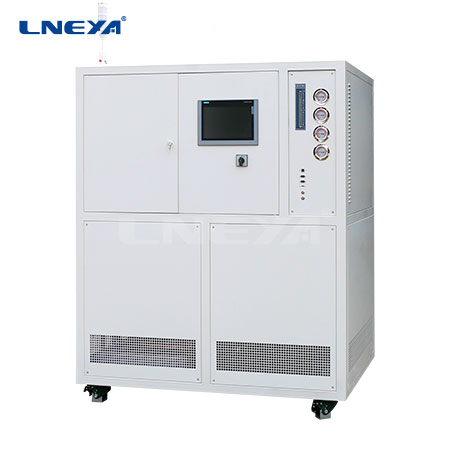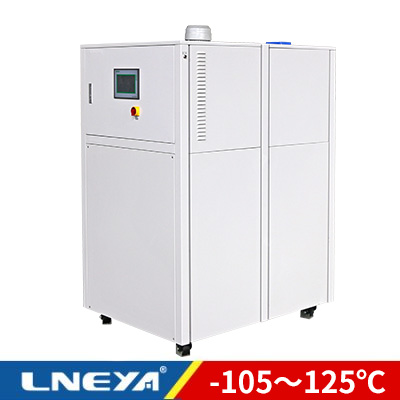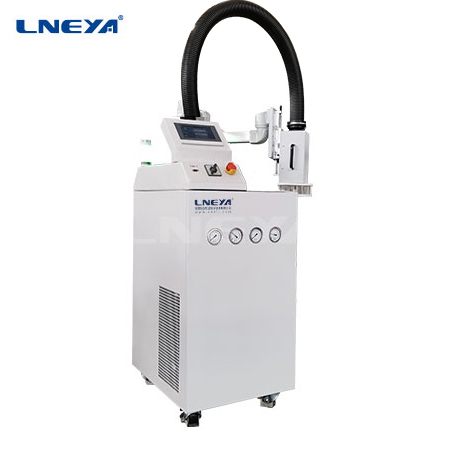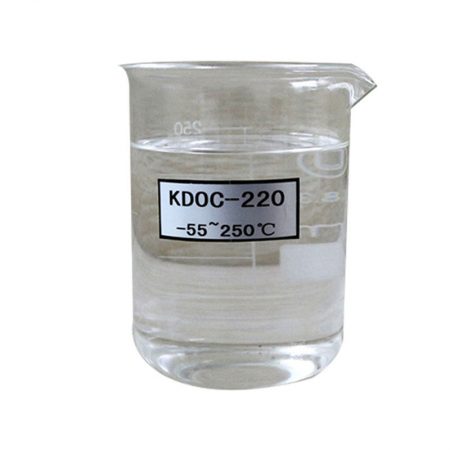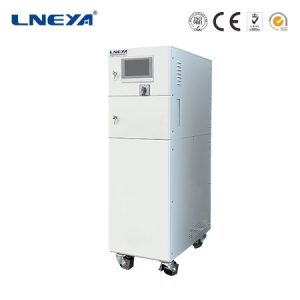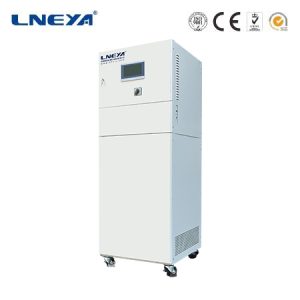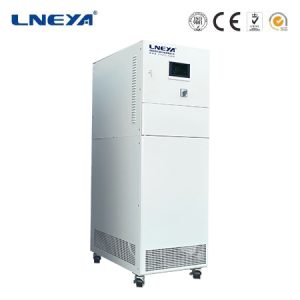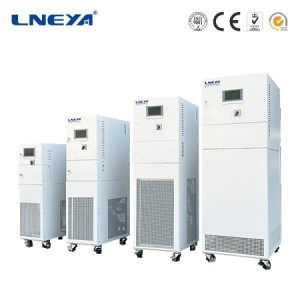Advantages of liquid cooling systems:
열 방출이 우수합니다: 공냉식에 비해 액체 냉각은 방열 효과가 더 뛰어나며 시스템 구성 요소에서 발생하는 열을 더 효과적으로 제거할 수 있어 대규모 에너지 저장 시스템에 적합합니다.
강력한 확장성: 액체 냉각은 대규모 에너지 저장 시스템의 요구에 맞게 쉽게 확장할 수 있으며, 액체 순환 파이프 라인과 라디에이터의 수를 늘려 시스템의 냉각 효율을 쉽게 개선할 수 있습니다.
높은 온도 제어 정확도: 액체 냉각은 유량과 온도를 제어하여 시스템 구성 요소의 온도를 보다 정밀하게 제어할 수 있으므로 더 넓은 범위의 작동 조건에서 시스템이 안정적인 성능을 유지할 수 있습니다.
소음이 적습니다: 액체 냉각은 공랭식에 비해 소음이 적습니다. 우수한 방음 설계로 액체 펌프와 라디에이터에서 발생하는 소음을 줄일 수 있기 때문입니다.
강력한 내식성: 액체 냉각에 사용되는 냉각수는 내식성이 우수하여 시스템에 악영향을 미치지 않고 오랫동안 사용할 수 있습니다.
At the same time, liquid cooling also has certain limitations, mainly including:
High cost: Liquid cooling is more expensive than air cooling, requiring equipment such as liquid coolant, piping, and pumps.
Difficult to maintain: Coolants, pumps, radiators and other equipment require regular maintenance and maintenance.
Environmental protection issues: The coolant used in the liquid cooling system has certain environmental protection issues and requires special treatment and recycling.
 LNEYA
LNEYA
 简体中文
简体中文










